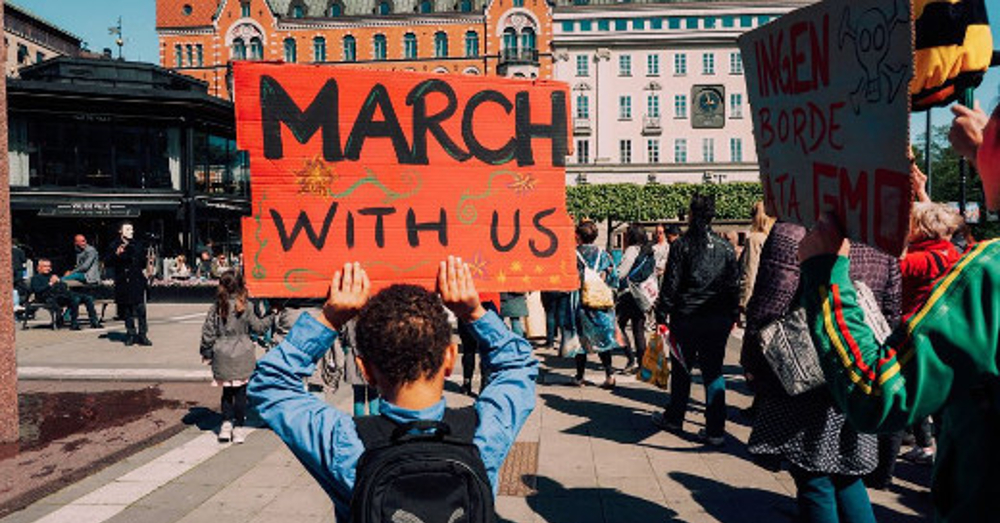
From Brussels to Arkansas, a Tough Week for Monsanto
Opposition from France and Italy doomed a European Union vote on Thursday to reauthorize the world’s most popular weedkiller, glyphosate, a decision that came hours after Arkansas regulators moved to ban an alternative weedkiller for much of 2018.
November 9, 2017 | Source: The New York Times | by Danny Hakim
Opposition from France and Italy doomed a European Union vote on Thursday to reauthorize the world’s most popular weedkiller, glyphosate, a decision that came hours after Arkansas regulators moved to ban an alternative weedkiller for much of 2018.
The decisions are a double blow to the agrochemical industry and particularly to the chemicals giant Monsanto. An appeals committee of European officials will convene this month, though, to weigh again whether to continue to allow glyphosate just weeks before its registration expires. The chemical is the main ingredient in Roundup, one of Monsanto’s flagships, but its patent has ended and it is now made by much of the industry.
The effort to reauthorize the weedkiller failed to receive a majority even though regulators were seeking only a five-year reauthorization instead of the typical 15, amid controversy and disputes about cancer risk that have made glyphosate’s future in Europe uncertain. Its approval in the region expires in mid-December.
The vote on Thursday, which was weighted based on the population of the various European Union member states, was nearly 37 percent in favor of renewing the chemical and a little over 32 percent against, with nearly 31 percent abstaining. France and Italy opposed the renewal; Spain was in favor, along with Britain, which is due to leave the union. Germany and Poland abstained.
In Arkansas, regulators voted on Wednesday to ban the use of another major weedkiller, dicamba, for more than six months of next year, including the summer, amid widespread reports of crop damage. Dicamba has been around for decades, but new versions have been developed by Monsanto, BASF and DuPont as an alternative to Roundup. The regulatory recommendation is now being sent to a state legislative panel.
Taken together, the decisions reflect an increasing political resistance to pesticides in Europe and parts of the United States, as well as the specific shortcomings of dicamba, whose tendency to drift has given pause even to the Trump administration’s Environmental Protection Agency, which has otherwise largely acceded to the wishes of the chemical industry. Dicamba has damaged more than 3.6 million acres of soybean crops in 25 states, roughly 4 percent of all soybeans planted this year in the United States.
In a statement, an industry trade group known as the Glyphosate Task Force, which includes Monsanto and Syngenta, called the European decision “discriminatory and unacceptable,” adding that “delays of this nature which are evident during the final stages of the process simply expose acute politicization of the regulatory procedure.”
